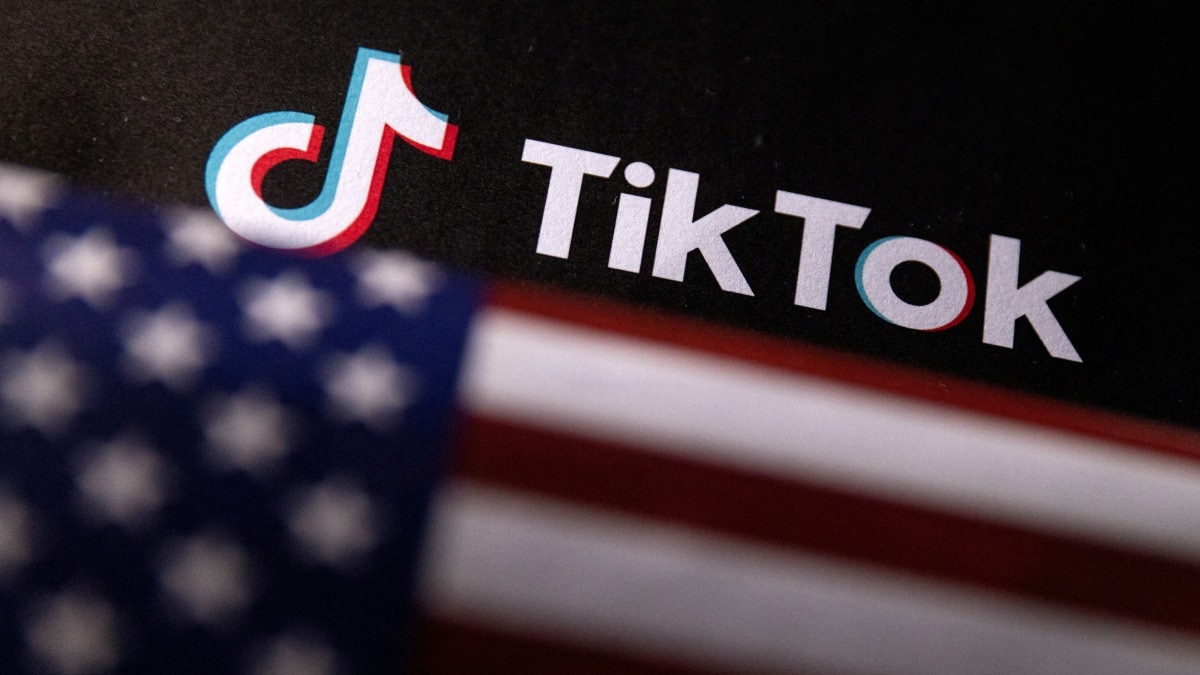TikTok made a last-ditch effort on Monday to continue operating in the United States, asking the Supreme Court to temporarily block a law intended to force ByteDance, its China-based parent company, to divest the short-video app by January 19 or face a ban.
TikTok and ByteDance filed an emergency request to the justices for an injunction to halt the looming ban on the social media app used by about 170 million Americans while they appeal a lower court's ruling that upheld the law. A group of US users of the app filed a similar request on Monday as well.
Congress passed the law in April. The Justice Department has said that as a Chinese company, TikTok poses “a national-security threat of immense depth and scale” because of its access to vast amounts of data on American users, from locations to private messages, and its ability to secretly manipulate content that Americans view on the app.
The US Court of Appeals for the District of Columbia Circuit in Washington on December 6 rejected TikTok's arguments that the law violates free speech protections under the US Constitution's First Amendment.
In their filing to the Supreme Court, TikTok and ByteDance said that “if Americans, duly informed of the alleged risks of 'covert' content manipulation, choose to continue viewing content on TikTok with their eyes wide open, the First Amendment entrusts them with making that choice, free from the government's censorship.”
“And if the DC Circuit's contrary holding stands, then Congress will have free rein to ban any American from speaking simply by identifying some risk that the speech is influenced by a foreign entity,” they added.
The companies said that being shuttered for even one month would cause TikTok to lose about a third of its US users and undermine its ability to attract advertisers and recruit content creators and employee talent.
Calling itself one of the “most important speech platforms” used in the United States, TikTok has said that there is no imminent threat to US national security and that delaying enforcement of the law would allow the Supreme Court to consider the legality of the ban, and the incoming administration of President-elect Donald Trump to evaluate the law as well.
Trump, who unsuccessfully tried to ban TikTok during his first term in 2020, has reversed his stance and promised during the presidential race this year that he would try to save TikTok. Trump takes office on January 20, the day after the TikTok deadline under the law.
The law would “shutter one of America's most popular speech platforms the day before a presidential inauguration,” the companies said in their filing. “A federal law singling out and banning a speech platform used by half of Americans is extraordinary.”
Asked on Monday at a press conference what he would do to stop a ban on TikTok, Trump said that he has “a warm spot in my heart for TikTok” and that he would “take a look” at the matter.
Trump was meeting with TikTok CEO Shou Zi Chew in Florida on Monday, a source familiar with the plans told Reuters, speaking on condition of anonymity. TikTok did not immediately respond to a request for comment on the meeting.
The companies asked the Supreme Court to issue a decision on its request by January 6 to allow, in the event it is rejected, for the “complex task of shutting down TikTok” in the United States and to coordinate with service providers by the deadline set. under the law.
The dispute comes amid growing trade tensions between China and the United States, the world's two biggest economies.
Rigorous Scrutiny
TikTok has denied that it has or ever would share US user data, accusing US lawmakers of advancing speculative concerns.
TikTok spokesperson Michael Hughes said after the filing that “we are asking the court to do what it has traditionally done in free speech cases: apply the most rigorous scrutiny to speech bans and conclude that it violates the First Amendment.”
In its ruling, the DC Circuit wrote, “The First Amendment exists to protect free speech in the United States. Here the government acted solely to protect that freedom from a foreign adversary nation and to limit that adversary's ability to gather data on people in the United States.”
The law would bar providing certain services to TikTok and other foreign adversary-controlled apps including offering it through app stores such as Apple and Alphabet's Google, effectively preventing its continued US use unless ByteDance divests TikTok by the deadline.
A ban could open the door to a future US crackdown on other foreign-owned apps. In 2020, Trump tried to ban WeChat, owned by Chinese company Tencent, but was blocked by the courts.
© Thomson Reuters 2024
(This story has not been edited by NDTV staff and is auto-generated from a syndicated feed.)


